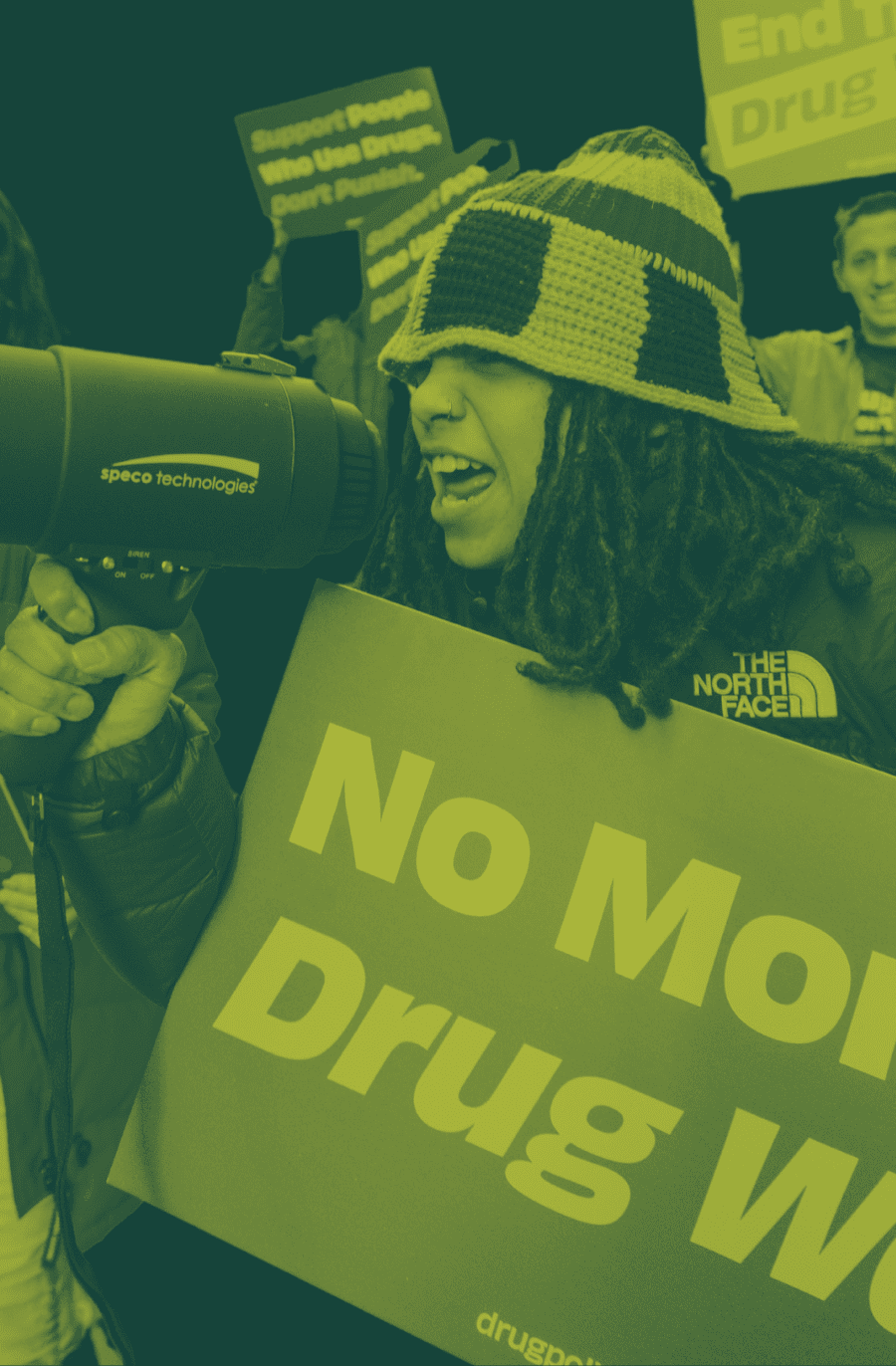
Simeon Gant at (916) 202-1636
SACRAMENTO- Members of the Assembly Appropriations Committee will vote Wednesday on legislation that could save California $65 million annually in corrections costs while addressing racially biased sentencing laws that result in longer prison terms for African Americans than for others who possess or sell cocaine.
Authored by senior legislator and life-long civil rights advocate Mervyn Dymally (D-Compton), AB 2274 would equalize the penalty for possession for sale of cocaine base versus the same crime involving cocaine powder. Cocaine base is commonly referred to as “crack” and due to its low cost, is more popular among poor people than is powder cocaine. The vast majority of those convicted in California for its possession or possession for sale are African-Americans.
“We have unequal justice with more severe punishments being meted out to African Americans,” said Dymally. “It’s stupid, it’s racist, and it’s costing the state millions of dollars.”
Current law requires judges to sentence those convicted of possession of cocaine base for sale to 3 to 5 years in state prison. The penalty for the same offense involving cocaine powder receives 2 to 4 years. Dymally’s bill would equal the sentence of 2 to 4 years for any form of cocaine. Attorney General statistics suggest that the one-year reduction in prison time for the approximately 2100 offenders convicted annually would save $65 million in corrections costs.
“Allowing racially biased sentencing patterns to stand unchallenged breeds contempt not only for politicians, but also for the criminal justice system,” said Simeon Gant of the Drug Policy Alliance. “Criminologists confirm what you hear from young people in the streets–that as long as the punishment for committing the same crime is greater for people of color, especially Blacks, disrespect and distrust for our law enforcement and judicial system will continue. When young people don’t respect the law, that’s an engine for crime.”
According to statistics from the Attorney General’s office, 66.5% of the convictions for possession of cocaine base for sale (“crack”) are African Americans, who constitute 6.4% of the state’s population. Whites make up only 3.4% of the convictions. In the year 2000, for example, 63 Whites were convicted of possession of crack for sale compared to 1,163 African Americans.
The racial mix of convictions for possession of cocaine or heroin for sale is quite different. In the years 2000 and 2001, 59% of those convictions were Hispanic, 25% Black, and 11.5 % were White.
Dymally’s bill would also provide judges with greater latitude to divert low-level or first time offenders to probation or programs, provided the offense involved less than an ounce of cocaine of either type. “Instead of locking them up, wasting their lives and the taxpayers’ money,” said Gant, “we can divert some offenders to drug treatment or effective job-training and mentoring programs connected to meaningful employment.”
WHO: Assemblyman Mervyn Dymally (D-Compton), Drug Policy Alliance, NAACP, MALDEF, Families Against Mandatory Minimums, ACLU, AFSCME, California Association of Alcohol and Drug Program Executives, California Attorneys for Criminal Justice, Abyssinian Missionary Baptist Church, National Council of La Raza, Tarzana Treatment Centers, California State Employees Association, Friends Committee on Legislation.
WHAT: Assembly Appropriations Committee Hearing
WHEN: Wednesday, April 28, 2004 / 9:00 am
WHERE: State Capitol, Rm. 4202

